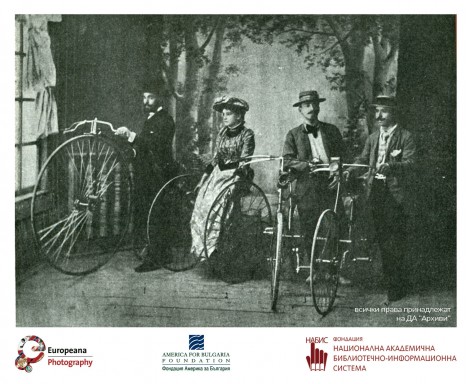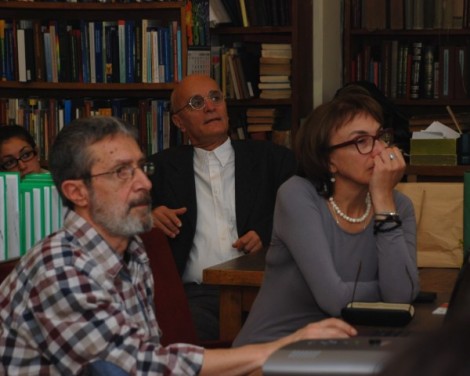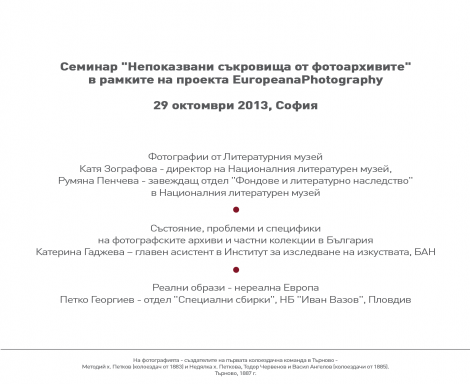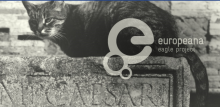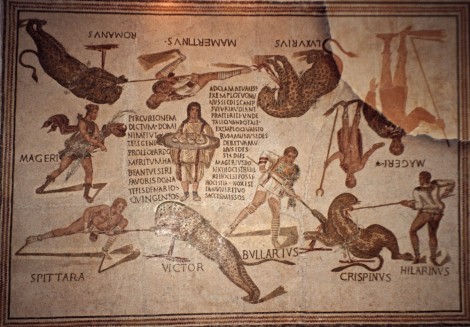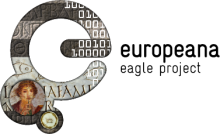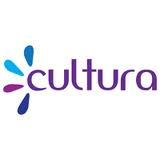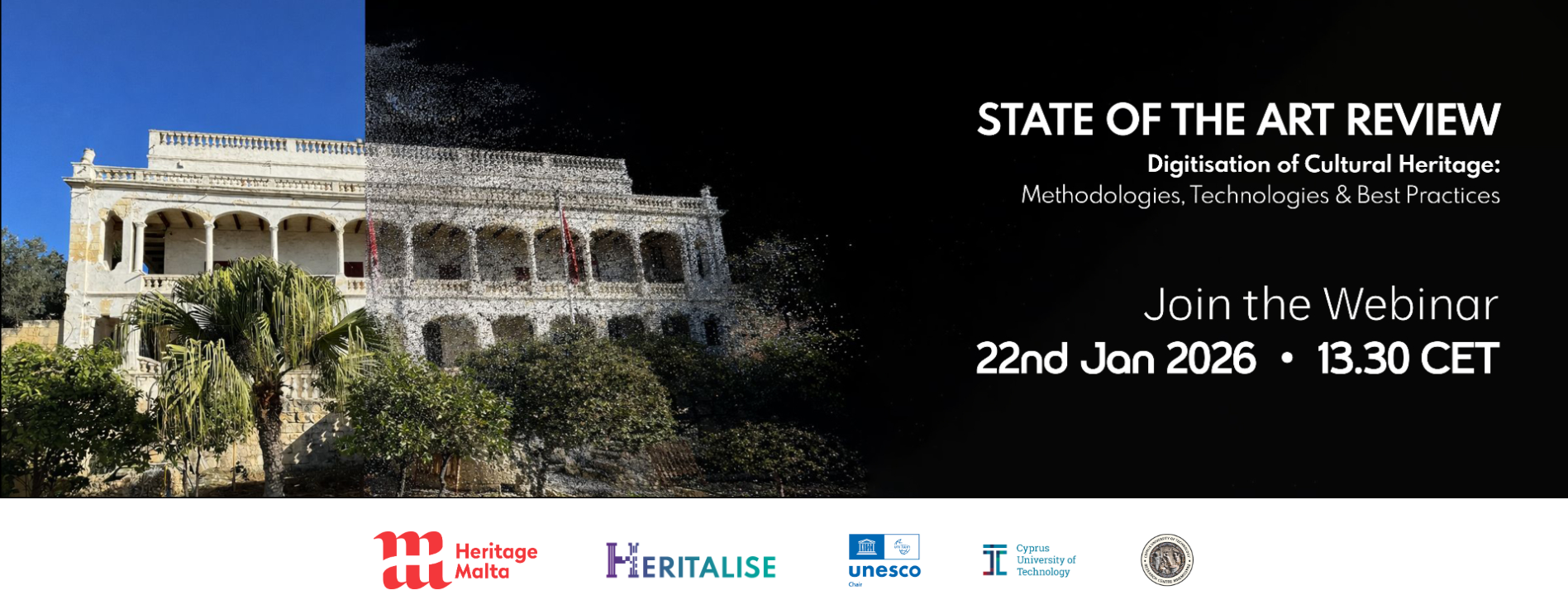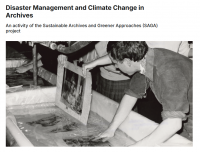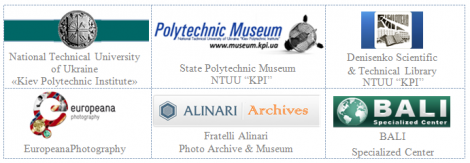
First International Scientific and Practical Seminar
DIGITIZED HERITAGE: PRESERVATION, ACCESS, REPRESENTATION
Preservation and use of digital collections of photographic documents
November 25-26, 2013
State Polytechnic Museum (NTUU “KPI”) held a scientific and practical seminar, the first in a series of informational and training events on the subject of digitizing of historical, cultural and scientific heritage stored in archives, museums, libraries and private collections.
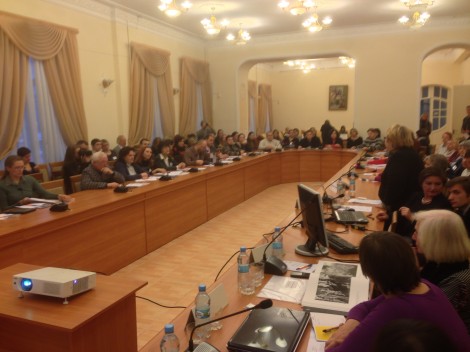 The objective was to familiarize professionals with advanced international practices, digitizing technologies, development and integration of digital collections, access and use methods. The event was composed of lectures, presentations, trainings, workshops, and professional meetings to foster discussions and find appropriate technological solutions.
The objective was to familiarize professionals with advanced international practices, digitizing technologies, development and integration of digital collections, access and use methods. The event was composed of lectures, presentations, trainings, workshops, and professional meetings to foster discussions and find appropriate technological solutions.
Moderators and speakers were highly experienced local and foreign experts on digitizing and related areas of information and communication technologies: heads of archives, museums, libraries, publishers, owners of private collections, scientists, and a notable audience of about 140 participants.
Speakers:
Nataliia Pysarevska, Director of State Polytechnic Museum (NTUU “KPI”), Museology expert (Kiev, Ukraine)
Andrea de Polo, BFA, holds a Museum Studies Certificate from George Eastman House Museum. Project manager for R&D projects at Fratelli Alinari Photo Archive. Independent consultant to museums and the cultural heritage sector specializing in digital strategy for institutions of all sizes. Expert in strategic planning, business sourcing and procurement, budgeting and forecasting, DRMS, electronic publishing, online digital resources and publications, open access policies and issues. (Florence, Italy)
Hilary Roberts, Head Curator of photography at Imperial War Museum Photograph Archive, archivist, specialist in the history of war photography, expert consultant to curators, archivists and librarians on matters pertaining to photography around the world. (London, United Kingdom)
Olga Barkova, PhD, Deputy director on IT development at BALI Specialized Center, Deputy head of Technical Committee TK-144 “Information and Documentation”, expert in digital libraries and collections, digitizing technologies (Kiev, Ukraine)
Seminar program:
Presentations:
- State Polytechnic Museum: the collection of photographs (Natalia Pisarevskaya),
- The Fratelli Alinari Photo Archive and Museum: history, funds, activities (Andrea De Polo, presentation available here),
- The Photograph Archive of the Imperial War Museum (UK): storage, digitizing, the use of film and photographs, digital designs to the anniversaries of the events (Hilary Roberts)
- Ukrainian in Europeana: the initiative and the experience of connecting the Ukrainian digitized documentary heritage to EUROPEANA, the integrated European catalog (Barkova Olga)
Lecture:
- Digitizing of photographic documents: best practice of safety and access (Andrea De Polo)
- Software technologies for the integration of digitized photocontent into digital collections and electronic encyclopedic resources (Olga Barkova)
Master class:
- Digitizing of photographic documents: the organization of the process, licensing and protection of digital content (Andrea De Polo)
- Preparing of the content for Europeana: requirements to the digital copies of the photographic documents, metadata (format LIDO) (Olga Barkova, Andrea de Polo)
Professional meeting – Cooperation with EuropeanaPhotography
- The Perspectives of Ukrainian organizations participation in the EU programs
- Commercial use of the photographic documents: the experience and proposals of Societа Fratelli Alinari IDEA S.p.A.
- The possibility of cooperation with European partners, projects and various forms of public access to public, licensed and private digitized photocontent.
Working languages: Ukrainian, Russian, English.
Location: Kyiv, 37 Peremohy ave. 37, Building 6
State Polytechnic museum NTUU “KPI”
Administrative Council Hall (1 floor)
Map: http://museum.kpi.ua/location/
Schedule
|
November 25 |
|
|
9:30 |
Registration |
|
10:00-17:00 |
Presentations, lectures session, master class |
|
11:00, 15:30 |
Coffee break |
|
13:00-14:00 |
Lunch break |
|
November 26 |
|
|
10:00-15:30 |
Professional meeting |
|
11:30 |
Coffee break |
|
Excursion at the museum |
|
|
|
Details for participation in the official announce (PDF, 270 Kb)










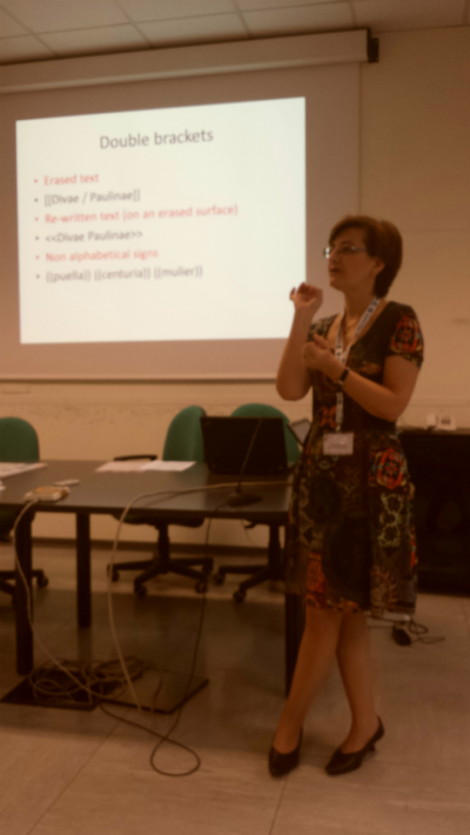
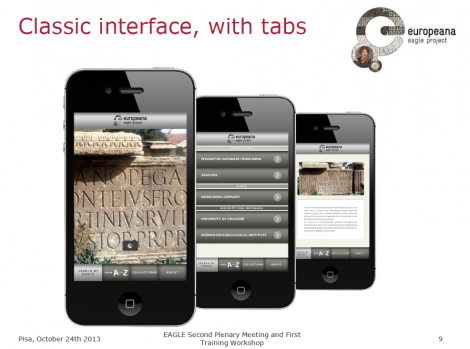 Then, the plenary meeting started with discussions by all the WP leaders about project progress and objectives for the next period. Particularly useful for the partners were the summary of the training workshop and planning of the ingestion phase, by Valentina Vassallo, The Cyprus Institute, the discussion on networking methodologies and next steps in the Working Groups by Pietro Liuzzo, University of Heidelberg, Christian Uhlir and Andreas Sanders, Paris-Lodron University of Salzburg and the discussion about the requirements for the implementation of the end-user dedicated services, among which the storytelling application, by Francesco Mambrini, Deutsches Archäologisches Institut.
Then, the plenary meeting started with discussions by all the WP leaders about project progress and objectives for the next period. Particularly useful for the partners were the summary of the training workshop and planning of the ingestion phase, by Valentina Vassallo, The Cyprus Institute, the discussion on networking methodologies and next steps in the Working Groups by Pietro Liuzzo, University of Heidelberg, Christian Uhlir and Andreas Sanders, Paris-Lodron University of Salzburg and the discussion about the requirements for the implementation of the end-user dedicated services, among which the storytelling application, by Francesco Mambrini, Deutsches Archäologisches Institut.

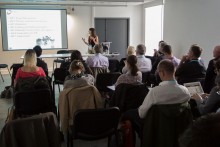
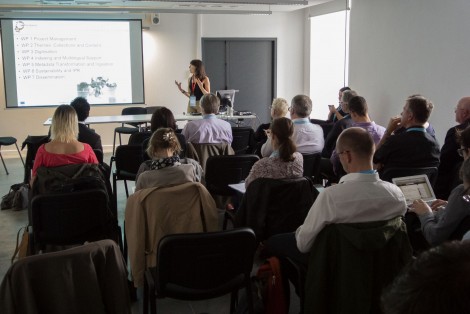

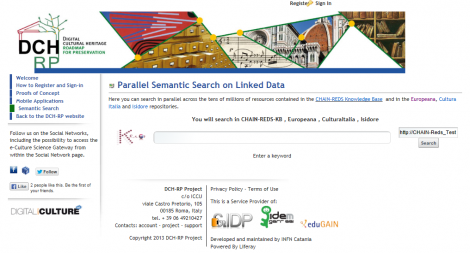
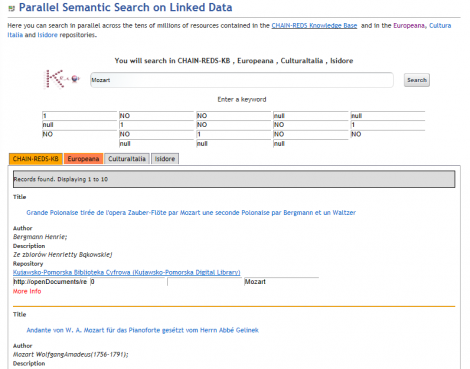

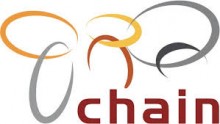
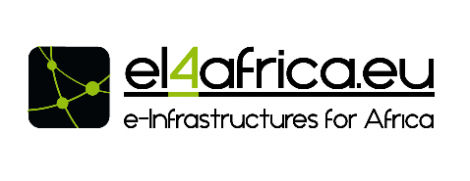 (RTDI) potential of African e-Infrastructures and to support policy dialogues and Euro-African cooperation in the framework of the joint Africa-EU Strategic Partnership on ‘trade, regional integration and infrastructures’ (JAES Partnership 3) as well as the Joint Africa-EU Strategic Partnership on ‘science, information society and space’ (JAES Partnership 8).
(RTDI) potential of African e-Infrastructures and to support policy dialogues and Euro-African cooperation in the framework of the joint Africa-EU Strategic Partnership on ‘trade, regional integration and infrastructures’ (JAES Partnership 3) as well as the Joint Africa-EU Strategic Partnership on ‘science, information society and space’ (JAES Partnership 8).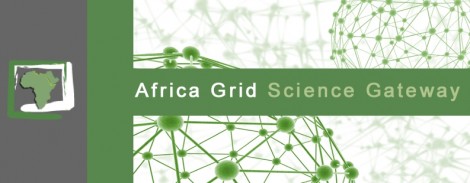

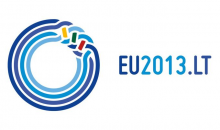 The
The 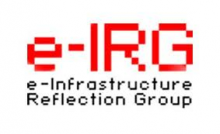
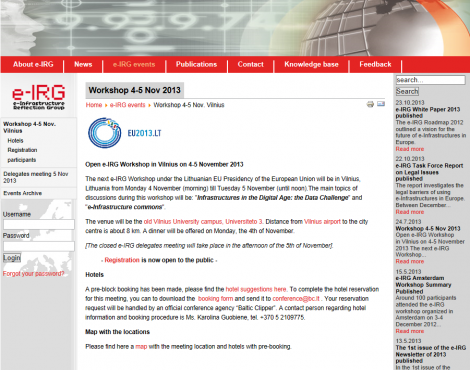
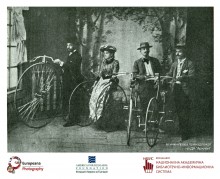
 It was created to provide valuable answers to the challenges the librarianship is facing in Bulgaria, such as developing collaboration between academic libraries, balancing the cost of scientific publications and of specialized online sources of information with the unavoidable financial restrictions that are imposed to public funding; fostering a true involvement of Bulgaria and its cultural institutions in digitization processes and in the rapid deployment of digital libraries in Europe and the world.
It was created to provide valuable answers to the challenges the librarianship is facing in Bulgaria, such as developing collaboration between academic libraries, balancing the cost of scientific publications and of specialized online sources of information with the unavoidable financial restrictions that are imposed to public funding; fostering a true involvement of Bulgaria and its cultural institutions in digitization processes and in the rapid deployment of digital libraries in Europe and the world.